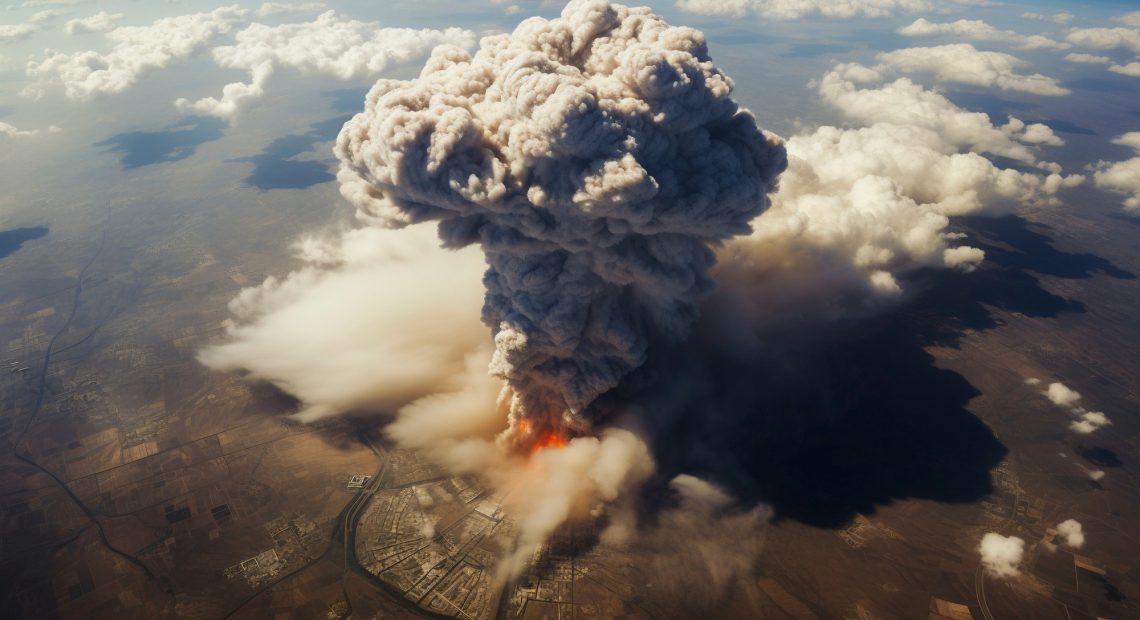
Israel Launches Major Gaza Offensive After Airstrikes
Israel has launched a major ground and aerial offensive in Gaza following a series of airstrikes that killed over 100 people, most of them civilians. The Israel Defense Forces (IDF) confirmed the operation, named “Gideon’s Chariots,” is aimed at dismantling Hamas infrastructure and securing the release of hostages still held in Gaza.
The renewed military action comes just days after U.S. President Donald Trump concluded his visit to the region without securing a ceasefire. He admitted to reporters, “People are starving,” while promising that the United States would “take care of the situation.” However, no immediate de-escalation measures were implemented.
As Israeli forces mobilize to seize key territories in Gaza, heavy shelling and drone strikes have resumed across multiple regions including Rafah, Khan Younis, and Deir al-Balah. The scale of destruction has raised fresh alarms about civilian safety and further exacerbated the humanitarian crisis.
Gaza Airstrikes Leave Trail of Destruction
The deadliest wave of airstrikes occurred on May 15, killing over 100 individuals in a single day. Hospitals have reported receiving bodies of children, women, and elderly, many of whom were trapped under rubble. Survivors have described entire neighborhoods being reduced to ash within minutes.
Medical facilities are now operating far beyond capacity. With power and water cut off in most areas, surgeries are being conducted without anesthesia, and the injured are lying untreated in hospital corridors. Aid workers have confirmed that many families are unable to bury their dead due to relentless bombing and fuel shortages.
The IDF claims it is targeting Hamas command centers and weapons stockpiles, but images from the ground show devastated apartment buildings, markets, and schools. There are growing calls from human rights groups to conduct an independent investigation into alleged violations of international law.
Humanitarian Crisis Reaches Breaking Point
With the blockade of Gaza entering its third month, more than 500,000 people are at immediate risk of starvation. The World Health Organization has warned that if humanitarian access is not restored immediately, famine is inevitable.
Food, clean water, and medical aid have been severely restricted. Aid trucks attempting to cross into Gaza have been either delayed or denied entry altogether. International agencies have reported that shelters, schools, and even hospitals have not been spared from airstrikes, forcing thousands of displaced residents into increasingly dire conditions.
In an attempt to ease international pressure, Israel announced a new aid coordination mechanism supported by the U.S. However, NGOs have criticized the plan for being too slow and conditional, arguing that it could lead to further delays and human suffering.
As the conflict intensifies, global leaders have urged both sides to commit to an immediate ceasefire. But with each passing hour, Gaza’s humanitarian situation becomes increasingly desperate, and the prospects for peace remain bleak.


















